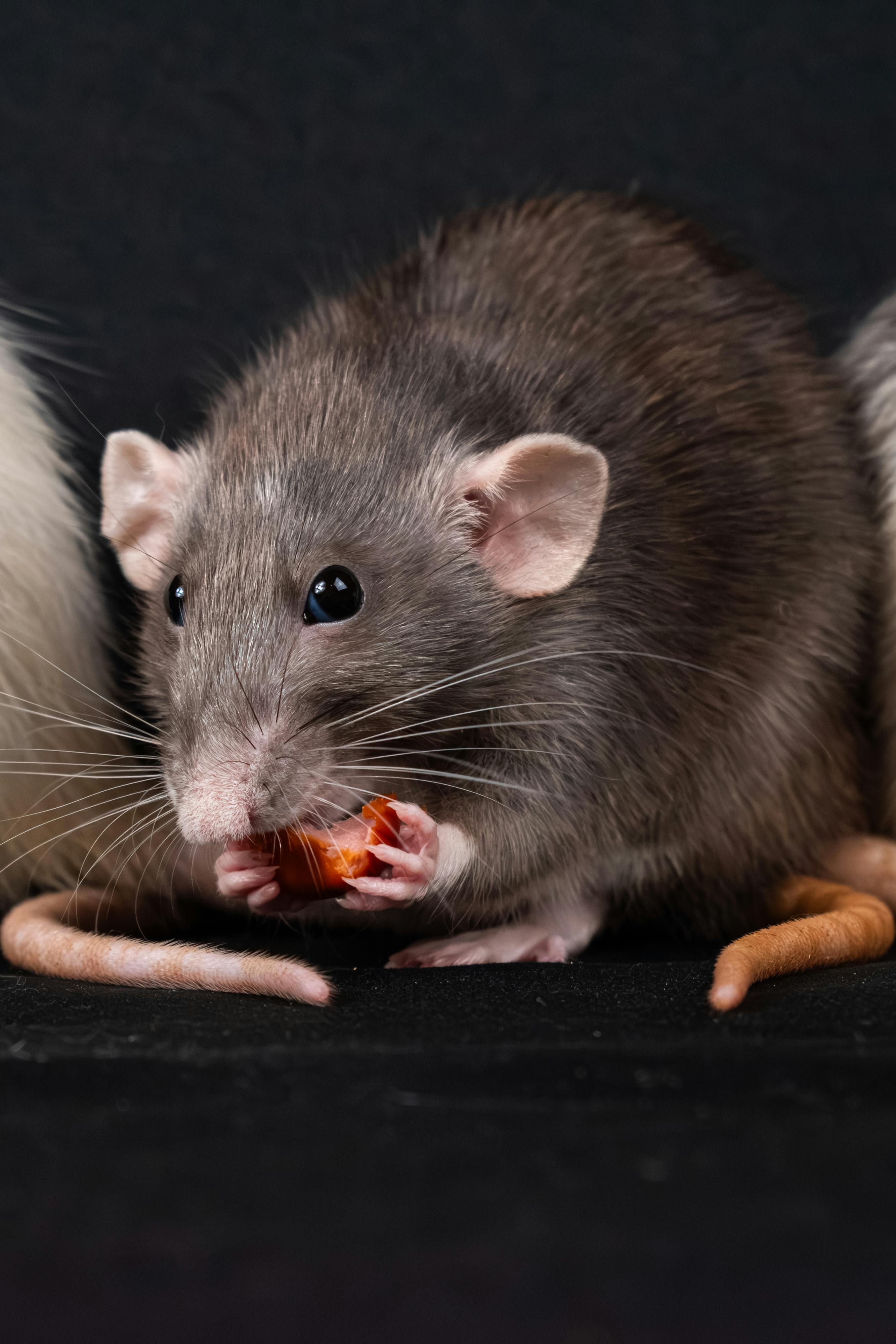How to Care for Your Rodent's Legs and Feet

How to Care for Your Rodent's Legs and Feet
Caring for your furry friend involves more than providing food and shelter. Understanding the need for proper care of your rodent's legs and feet is crucial to ensure they remain healthy and active. rodents such as hamsters, guinea pigs, and mice have delicate limbs that require specific attention. In this blog post, we'll explore effective methods of caring for these important extremities.
Regular Inspection is Key
Regularly checking your rodent's legs and feet can prevent many health issues. Look for any signs of injury, such as swelling, redness, or cuts. Additionally, be on the lookout for abnormalities like limping or reluctance to move, as these can indicate discomfort or more severe health problems.
Maintain Proper Hygiene
Keeping your rodent’s living environment clean is essential in preventing infections. Regularly change the bedding to ensure it’s dry and free from contaminants. Consider trimming your rodent’s nails if they get too long as this can affect their ability to walk comfortably and may lead to injuries.
Provide Appropriate Flooring
Choosing the right flooring for your rodent’s habitat is vital. Soft bedding such as shredded paper or specially designed pet bedding can prevent injuries to their feet. Avoid wire-bottom cages as these can cause bumblefoot, a painful condition resulting from pressure sores and infections.
Ensure Adequate Nutrition
A balanced diet contributes significantly to the overall bone health of your rodent. Ensure that their diet includes sufficient calcium which supports bone structure and helps prevent fractures. Vitamin C is also essential, especially for guinea pigs, as it aids in the development and maintenance of healthy bones and joints.
Be Mindful of Exercise
Exercise helps strengthen your rodent’s legs and improves their overall mobility. Provide plenty of opportunities for physical activity, such as running wheels or maze puzzles. However, ensure that the exercise equipment is safe and appropriate for their size to prevent injuries.
Monitor for Arthritis and Other Health Issues
Older rodents are susceptible to arthritis. If you notice that your pet has difficulty moving or reacts painfully when touched, consult a veterinarian. Early diagnosis and proper management are key to managing this condition effectively. Additionally, other health issues like diabetes can affect your rodent’s limbs, so regular veterinary check-ups are crucial.
Handling with Care
When handling your rodent, be gentle and support their entire body, particularly the legs and feet. Avoid picking them up by the tail or the hind legs as this can cause serious injuries.
By following these guidelines, you can help ensure that your rodent maintains healthy and functional legs and feet, an essential factor for their wellbeing and quality of life. Always consult with a veterinarian if you have any concerns about your pet's health to provide them with the best care possible.